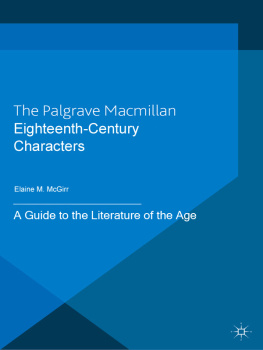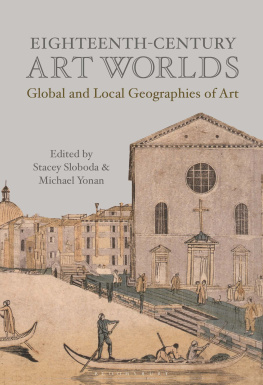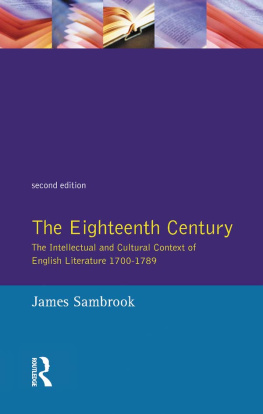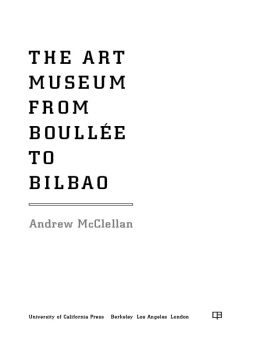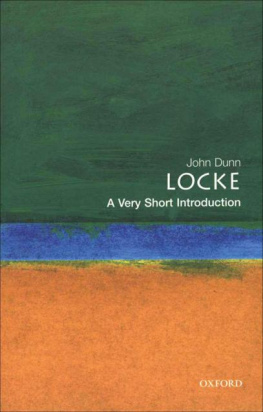CONTENTS
Life on a prosperous cotton plantation in South Carolina in the nineties. The story begins with a matriarchal grandmother and her turbulent family, among whom were Bishop Cote Smith and the present Senior Senator from South Carolina, Cotton Ed Smith, tells something of the prejudices early acquired by a small boy in a state which was in its nature still eighteenth century, something of the relation between Negroes and whites, of po white trash, and of Negroes living in their own economy.
Life in a Methodist parsonage: an account of the predicament of a Protestant preachers family who were obliged to sit backstage and watch a show that they didnt believe in, under the watchful eyes, however, of the faithful. From parsonage to life in the Columbia Female College, of which the authors father became president in 1892, where young ladies were incarcerated until they should be married. An account of Columbia, which was a typical Southern city, that is, an enlarged country town, its social life and politics. Ben Tillman, the spiritual progenitor of Huey Long; Wade Hampton, the last of the great aristocrats to hold office; James Gordon Coogler, author of Purely Original Versethese and other characters.
This is in sharp contrast to the first chapter, for it tells how people lived on a plantation that was poverty-stricken and run down, and ruled by another matriarchy, of aunts, who clung to a tenuous tradition of gentility even while they worked in the cotton fields. The dominance of Charleston and Charlestonian prejudices in the Low Country. Relics from the time when the plantation had been a self-contained economic unit, and ways of doing things that had not changed in two hundred years, as well as ways of thinking. An account of the boyhood and rearing of the authors father, Rev. John A. Rice, and of his doctor father before him, and an aunt by marriage who refused to be a lady.
First acquaintance with the New South, which was the Old South falling to pieces. The beginning of the new aristocracy, the sheets-and-pillow-case aristocracy, and the downfall of the old. The Methodist Church, a curious mixture of despotism, oligarchy, and democracy, and some account of the resulting difficulties of the authors father, who had recently returned from the University of Chicago, tainted with the Higher Criticism that would soon bring him into conflict with Bishop Warren Candler, brother of Coca-Cola Candler. The Negro in the city, game for every unscrupulous white man. The rise of the Middle Class in the South.
The oldest boys school in the South, among whose graduates were more Rhodes Scholars than of any school in the world. Sawney Webb, one of the founders, disciplinarian and Confederate soldier, who, with his brother John Webb, built the school to where it had no rival in the South and then almost destroyed it when he was called a great man. John Webb, scholar, who gave the boys the finish that made them conspicuous in college but who was too modest to have allowed anyone to call him great. What it takes to be a teacher.
New Orleans, half French, half pushing, grasping American. A city of gamblers. A touch of the tar brushthe story of two girls, with a happy ending. Negroes in another kind of city. Adventures of a tenement house inspector. Tulane, a typical dead university. How a Rhodes Scholar was elected thirty years ago.
How an American, born in the eighteenth century, found himself in it again; but, having entered the nineteenth meanwhile, resulting discomfort. An attempt to find out what the English worship. The Oxford don, who lived in no time. Some Rhodes Scholars, among them Elmer Davis, Edwin Hubbel, Christopher Morley. The promise, and performance of Rhodes Scholars, who have compassed a narrow orbit of good and evil. The influence on American education of a misunderstanding of Oxford.
After an interval at the University of Chicago, eight years of teaching in the Middle West. The story of a state university told through Sam Avery, the Chancellor. An attempt to account for the death of the spirit of adventure that had created the West, with an explanation that is bound to be called snobbish: what happens when there is no aristocracy. Two Mid-Wests, the old, and the new: The Middle West as middle class. Lincoln was Middletown, and proud of it. Hartley Alexander, who came out of the original spirit and was defeated by the cult of respectability.
The story of three years at Rollins College in Florida under Hamilton Holt, former editor of The Independent. Creating a college by publicity, and the consequence. The Professorship of Books, the only one in the world, and of Evil, and Fishing and Hunting. A liberal college in an illiberal town, with the inevitable conflict, when the college had to decide not to be liberal. The authors dismissal, followed by the dismissal of others, and an investigation by the American Association of University Professors. What a college chapel can do to a college. The fantastic story of a trial.
The founding of a new college in the midst of the depression. A short account of the ways of educational foundations. Carnegie and Rockefeller had a wonderful idea, but no idea can be carried out by butlers. The story of six years that ended in failure. What it means to live in a pure democracy, with little or no money. Life among the artists, who were pretenders to art. Queer visitors, and some not queer, John Dewey, Albert Bames, Walter Locke. The search for the meaning of integrity. How not to start a college. How every college finally becomes European, hence unfitted to train Americans. Why the author left Black Mountain. Becoming a writer.
SERIES EDITORS PREFACE
Mark Bauerleins trenchant introduction and William Craig Rices edifying afterword to John Andrew Rices, I Came Out of the Eighteenth Century, help us properly understand the life and times of an unusually keen mind. Republished in its entirety for the first time since its suppression in the 1940s, the memoir tells the story of Rices early and middle years (from the mid-1890s to the mid-1930s). It also tells us about the South. In 1933, Rice helped establish Black Mountain College in an effort to introduce a progressive form of higher education in North Carolina. Rice was a candid man, a teller of cold truths, irking university chancellors and challenging readers alike. And, as William Craig Rice shows, it cost him. But his candor benefits us. John Andrew Rice spoke his mind with wit and acid and, in the process, left us some invaluable insights, always keen and sharp, about the South, religion, sin, education, racial injustice, slavery, poverty, southern whites, and the nature of southern politics. It is a powerful and enduring piece of southern nonfiction and is a welcome addition to the Southern Classics Series.







